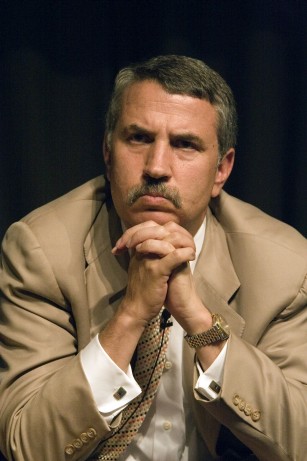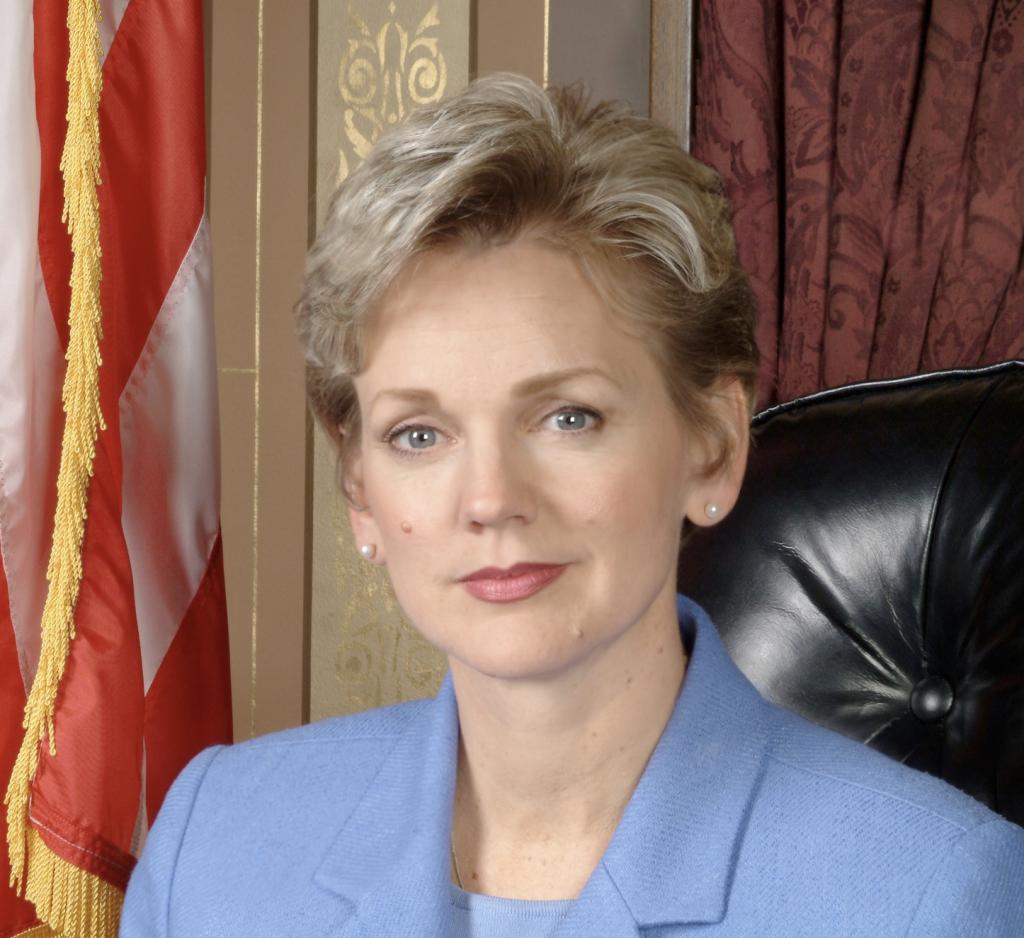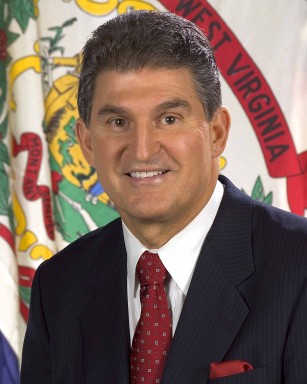Climate Politics
All Stories
-
Big Ag: give us carbon credit, but don't cap our emissions
As Congress gears up to consider climate legislation, agribusiness is getting sweaty palms -- and for good reason.
-
Somebody hide Tom Friedman’s ball
“Where is my ball?” Editor’s note: See David’s follow-up post to this piece. … Tom Friedman has done stellar work on green issues lately. He’s certainly given them a higher profile than any dirty blogger could. So I guess he’s owed some latitude. But his recent column is a disaster: wrong on the merits, politically […]
-
RPS, EERS and energy politics
I think this one’s got it! There is a belief that with the Democratic shift in Congress, we finally have the votes to get a national renewable portfolio system (RPS). I don’t buy it. As I pointed out here, a “pure” wind-and-solar-only RPS means a wealth transfer from Eastern to Western U.S., and no political […]
-
Expect sparks as the Senate takes up energy legislation
If debate in the Senate last week over some relatively non-controversial energy measures was any indication of things to come, we can expect fireworks over energy policy when legislators return from their two-week April recess. The Senate Energy and Natural Resources Committee took up the first four components of its pending energy package last week, […]
-
Is the Obama administration backing away from LNG terminals?
Will the Obama administration back away from building liquefied natural gas (LNG) terminals along the coasts of the U.S.? Obama’s appointee at the head of the Federal Energy Regulatory Commission suggests that it will. Though George W. Bush talked a lot about weaning the U.S. off foreign oil, he wanted a massive increase in imports […]
-
Beware utilities seeking free pollution permits
America’s electric utilities (PDF) are waging a no-holds-barred campaign to get 40% of carbon emission permits allocated free to local distribution companies and merchant coal generators. They argue that free allocation will protect consumers better than auctions and cash back. Just give us free permits, they say, and we’ll pass through the savings to our […]
-
Friedman uses perch at Gray Lady to push for carbon tax
Tom Friedman says cap-and-trade is in truth a form of taxation. But taxes don’t suck. Why don’t Dems and the adminstration just tell it like it is and push for something more straightforward: a carbon tax. Such a tax, he goes on to say, should be pitched as a way of renewing the American economy […]
-
Granholm tries to convert Michigan “from rust to green”
Michigan Gov. Jennifer Granholm (D) is trying to rescue her state’s tanking economy by taking it “from rust to green.” On Monday, Granholm signed a law that will channel $220 million toward tax credits for the development and manufacture of electric-vehicle batteries, on top of $335 million in credits the state approved in January. “This […]
-
Energy politics shouldn’t depend on whether you’re Republican or Democrat, says Chu
“We have a problem and we’ve got to get it solved. The politics of energy are such that it actually shouldn’t be a political question. Let’s get to a different point in the discussion about what American needs, and what this country really needs is something where it doesn’t really matter whether you’re a Republican […]
-
Where's the national outrage on Blair Mountain?
When Walmart recently announced its intention to build a super-center near the Wilderness Battlefield in Virginia, filmmaker Ken Burns and a host of Pulitzer Prize-winning historians denounced the move for its obvious offense to our national heritage site.
We need that same outrage for another battlefield under assault.








